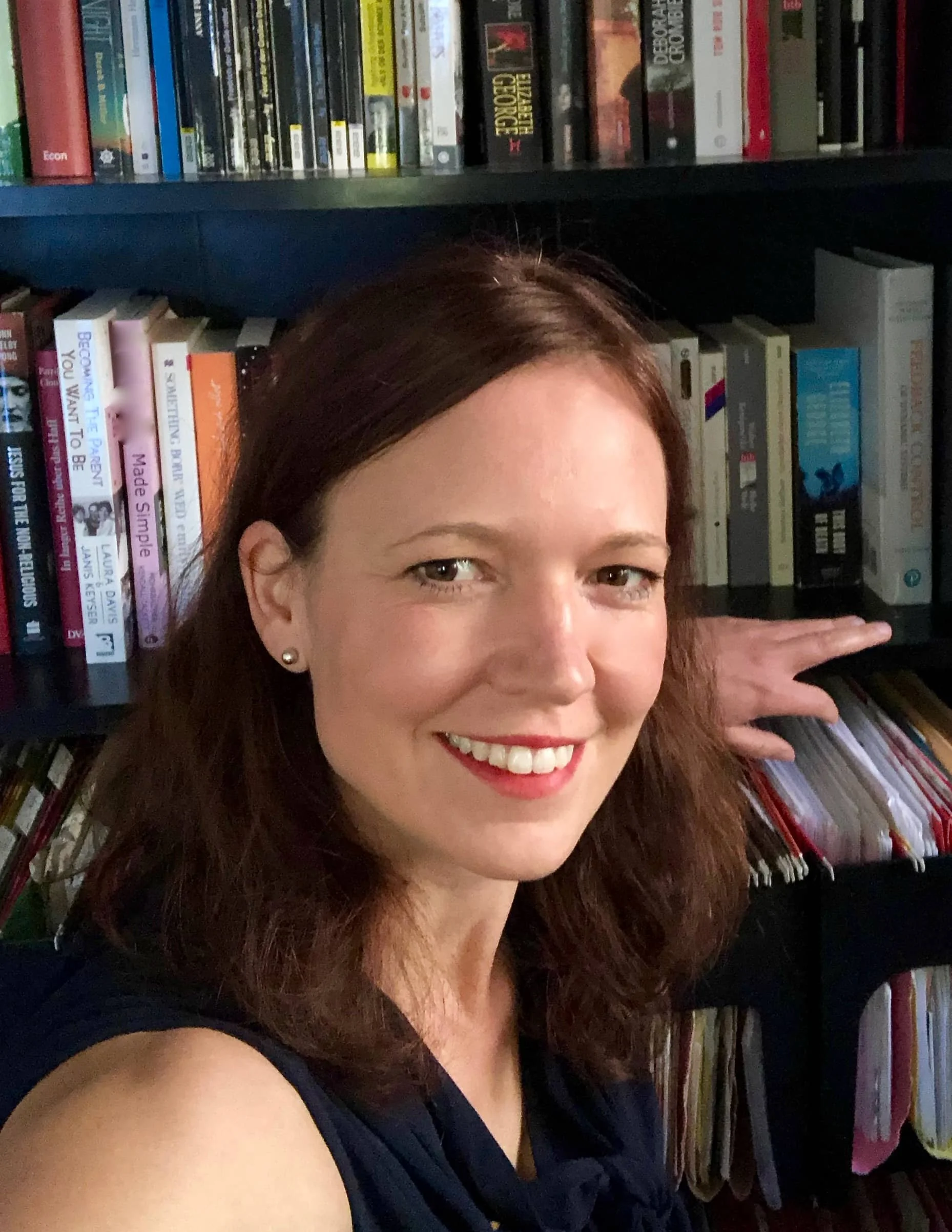I am interested in issues pertaining to social inequality in the broadest sense. As a researcher and an expert consultant to multiple levels of government and community organizations, I study this by conducting critical and in-depth examinations of criminal justice institutions and the people who encounter them. While I am an ethnographer at heart, I am also using in-depth qualitative interviews, survey methods, and mixed-methodological approaches to reveal the intricacies of settings that are difficult both to access and to understand: prisons, re-entry post prison, police organizations, and marginalized street communities. I am passionate to attend to the implications of my work for diverse and inequitably positioned people, aim to confront the challenges presented by the criminal justice system, and translate my knowledge into best practices, including non-punitive alternatives to incarceration.
I currently serve as the Director of a newly awarded $2.5 million SSHRC Partnership Grant on the Intersecting Issues of Justice and Injustice, examining barriers and challenges for people who move through the various institutions of the justice system (police, courts, prison, and re-entry).
I am also the Director of the University of Alberta prison project (UAPP), the largest mixed methods study on Canadian prisons in the history of Canadian criminology which examines how fentanyl and carfentanyl have changed the prison experience for prisoners and staff; whether prisons are spaces in which radicalization occurs and spreads; prison gangs; and the victim-offender overlap. The UAPP is now in its second phase, studying barriers and challenges to re-entry post prison. In this mixed-methods longitudinal study, we are interviewing incarcerated people on their day of release, and stay in touch via interviews and surveys for the first year post prison to examine the challenges people face regarding housing, treatment, family support and social networks, access to health services and other domains. The UAPP was finalist of the SSHRC Impact Award - Insight Category - in both 2023 and 2024.
My five-year ethnography with drug dealers Unwanted - Muslim Immigrants, Dignity and Drug Dealing appeared with Oxford University Press in 2014 and received glowing reviews in many leading academic journals. I am also co-editor of the Oxford Handbook on Ethnicity, Crime and Immigration (with Michael Tonry), the Oxford Handbook on Ethnographies of Crime and Criminal Justice (with Kevin Haggerty and Luca Beradi), as well as the Crime and Justice Review Book on Prisons and Prisoners (with Michael Tonry – Chicago University Press). My numerous journal articles appear in Criminology, Sociology, Crime and Justice, International Journal of Drug Policy, British Journal of Criminology, Ethnic and Racial Studies, the Journal of Contemporary Ethnography, among others.
In 2019, I founded the Centre for Criminological Research (CCR) and have been serving has its inaugural Director ever since. The CCR is dedicated to empirical, critical research driving policy changes in Canada. As the Director of the CCR, I am hosting a weekly informal coffee, and am organizing annual conferences, bringing together leading scholars, stakeholders, and practitioners, organize annual speaker series, pod casts, and discussion rounds between policy officials and academics.
In 2020, I was honoured that the University of Alberta appointed me a Henry Marshall Tory Chair, its most prestigious research chair. I have also received numerous other research awards, including the Martha Cook Piper Award (2017) and the Faculty of Arts Research Award on the Assistant (2016) and Full Professor Level (2024). In 2024 I also received the Killam Award for Excellence in Mentoring. Together with Michael Tonry, I serve as the co-editor of the Oxford University Press Handbook series in Criminology and on the editorial board for Criminology, Crime and Justice, Incarceration, the Journal of Criminology.

